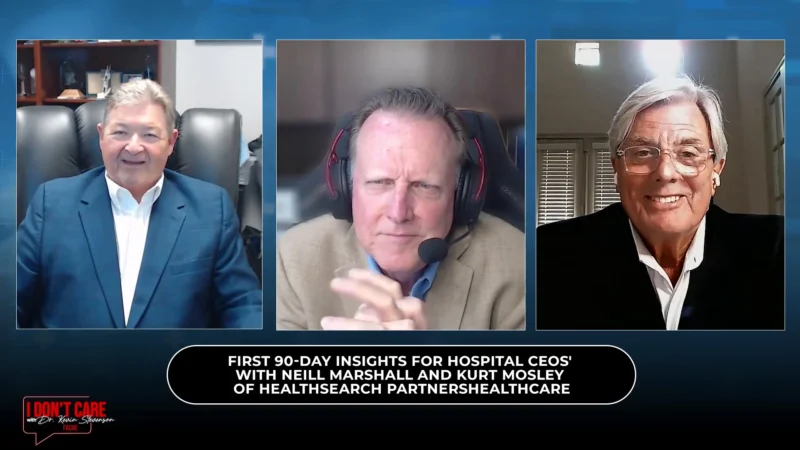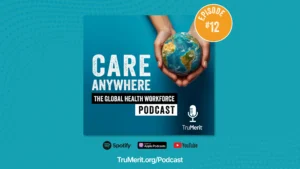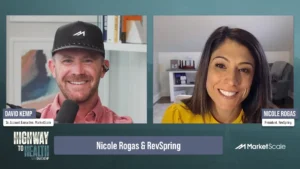CMS Seeks to Improve Patients Over Paperwork Initiative 2019
Patients Over Paperwork, an initiative launched in Fall 2017, streamlines regulations to cut the “red tape” burdening the healthcare system which often hinders a clinician’s fundamental mission—patient care. Patients Over Paperwork was established to save money and time, with the Centers for Medicare and Medicaid Services (CMS) estimating that as of January of 2019, over 40 million hours and $5.7 billion will be saved through 2021.
What is Patients Over Paperwork?
The objective of Patients Over Paperwork is to put patients first. It establishes internal processes to evaluate and streamline regulations, enhancing efficiency, and improving the patient experience. Its goals are to:
- Bring satisfaction to users (clinicians, institutional providers, health plans, etc.)
- Reduce the amount and hours spent on CMS-mandated compliance
- Increase the number of tasks CMS customers can do digitally
Patients Over Paperwork has a steering committee, which leads the initiatives to reduce the burdens of paperwork. There are also customer-centered workgroups, focusing on the needs of clinicians, beneficiaries, and institutional providers. The process uses journey mapping to capture the customer perspective. Additionally, mechanisms are in place to share what is learned across CMS for the betterment of the process.
Benefits of Patients Over Paperwork
The real benefit and driving force behind Patients Over Paperwork is optimizing workflows so that clinicians can focus on patients, not paperwork. But as noted above, it’s also saving dollars and time. In addition to this initiative, CMS launched Meaningful Measures to boost provider satisfaction, improve patient-provider relationships, and reduce the admin tasks associated with regulatory requirements.
Thus far, the Meaningful Measures initiative has eliminated 79 burdensome, low-value, and redundant measures, achieving a savings of $128 million. CMS also projects that it will reduce administrative task time by 3.3 million hours. Meaningful Measures assisted in the reduction of the burden of federal reporting requirements by enabling providers to submit information digitally. CMS has also incentivized the use of clinical registries as part of the plan.
While reporting an array of measures to payers is a part of the healthcare system that isn’t going away; these initiatives are reducing the hoops that providers have to jump through while simplifying the submission steps, giving clinicians time back for patient engagement and care.

Improving the Initiative: CMS Future Plans
CMS just announced it is seeking public input on Patients Over Paperwork with an RFI (Request for Information). This RFI invites patients and families, the medical community, and healthcare stakeholders to recommend further changes to rules and policies that will continue to allow providers to focus more on patients than administrative tasks.
CMS is looking to improve the initiative with ideas on:
- Reporting and documentation requirements
- Coding requirements for CMS payments
- Prior authorization procedures
- Policies for rural providers and beneficiaries
- Requirements for dually enrolled beneficiaries
- Beneficiary enrollment and eligibility determinations
- Process for issuing regulations and policies
ChartLogic has been monitoring this initiative since its launch as its closely aligned with our mission to impact patient care through the delivery of superior healthcare IT solutions. We do this with a host of products and services that help practices initiate efficiencies that result in improved patient care, including an award-winning EHR, effective practice management tools, a user-friendly patient portal, and more.
Learn more about ChartLogic’s offerings and how they can be implemented to reduce administrative burdens today.









